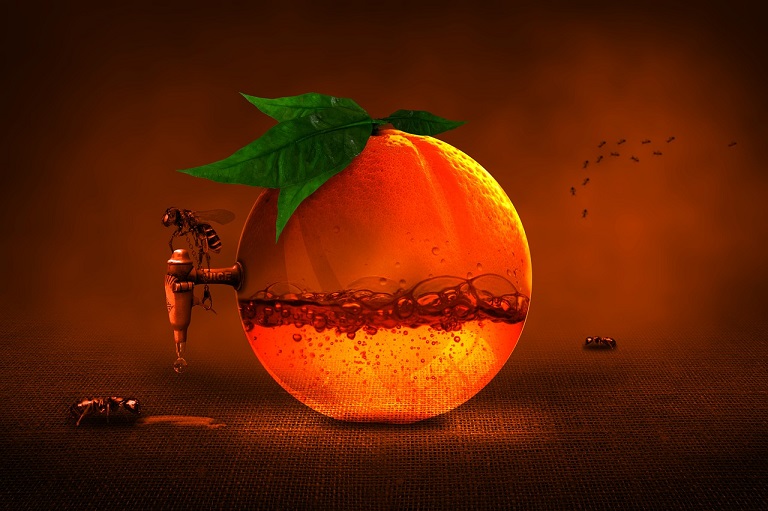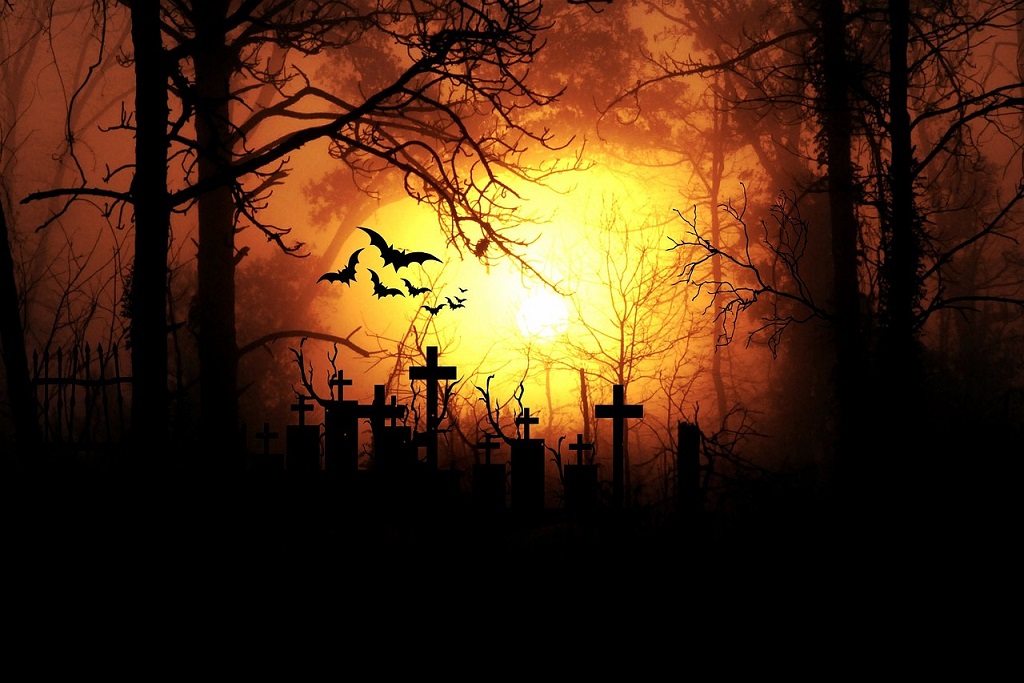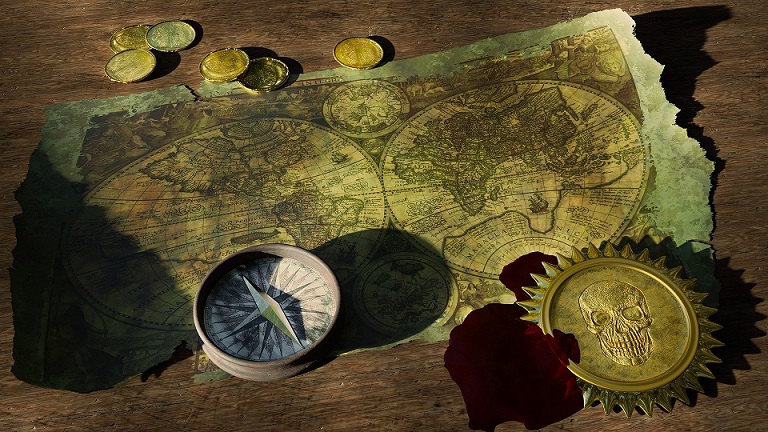Do you know the names of your eight great grandparents? Where were they from? What did they do? In three generations or less it is very likely that our names will have been forgotten, but not the consequences of our acts.
 Mabel Encinas
Mabel Encinas
The recklessness of contemporary life wipes out the reality of our own death.
We watch people dying or being killed on television or cinema screens, in real life or fictional dramas, but our own death and the death of our loved ones is covered by a veil of silence.
It seems unlikely that we will die, particularly when life has been extended over the age of 75 in one third of the countries of the world, over 80 in countries like the UK and Japan.
We have internalised the dominant approach that presumes that we can control life, and its opposite, death.
Reflecting about death is not a prerogative of existentialist philosophers, because it is not only an issue that by default relates to an individualistic philosophy.
On the contrary, death is a social issue, and definitely not only in terms of the possibility of ensuring sustainable disposal of the corpse, with an eco-burial.
The way in which people die, tells us a lot about the way in which people lived.Life and death continue to be inextricable connected.
 This is why it is not strange that life expectancy in Africa is only above 50.
This is why it is not strange that life expectancy in Africa is only above 50.
As a Mexican, it is not strange that the topic of death is recurrent. In my home country, when the imperialism of Halloween threatened the celebration of the Day of the Death in the cities, it has been recovered and it is widespread.
The celebration emerged many centuries ago, although with the catholic colonisation it was brought to the beginning of November to coincide with All Saints Day. There are variations all over the country, however the aim is the same: to honour our deceased ones and to offer them their favourite things in an altar, such as foods and drinks, and toys for the children.
It is common that, people gather to pray and that they share humorous stories and anecdotes about the deceased.
Since the nineteenth century, we also got used to writing rhymed poems called ’skulls’, mocking epitaphs of friends and public figures.
In the UK, my friend Christianne runs workshops about living with dying.
 Her experiential workshop offer a space to reflect about our own existence.
Her experiential workshop offer a space to reflect about our own existence.
What is interesting is that when people face their own death, in the workshop setting, the outcome is not a nihilist and pessimistic position, without values, with no purpose, or that aims for destruction.
Facing death, seems to allow people to weight the importance of the history that is threaded by the little things on an everyday basis.
It also sets in place the need to make a difference, through engaging in activities that are relevant to the future life of others, for those that will live on after we die.
Interestingly, our dead ones live within us, not only in our genes, but in the ways in which we prepare dinner, tell stories, organise things on a wardrobe, plan our expenses or rear children.
 Also, we may not remember by heart the names of all the suffragettes, particularly the working class women, but we are indebted to them forever for their actions.
Also, we may not remember by heart the names of all the suffragettes, particularly the working class women, but we are indebted to them forever for their actions.
As Anton Mirto and Alit Kreiz put it in a performance in which I participated: we all bury someone and we all will be buried by someone.
Death is part of life. We may not be able to remember their names, but our ancestors live in ourselves.
If we consider that we all will leave this life with our feet at the front (inside a coffin being carried to its final placement), we could also reconsider working to make a positive difference, for now as well as after we are gone. (The Prisma’s memoirs)
(Photos: Pixabay)












.jpg)












